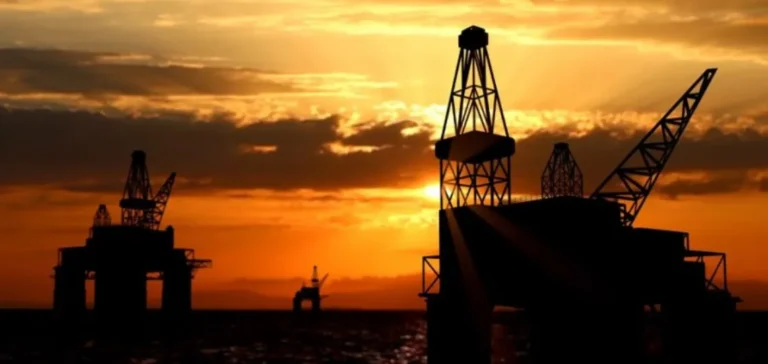Brazil has finalised the awarding of five offshore oil blocks in ultra-deep waters, generating revenue of BRL103.7mn ($19.2mn) for the state. Organised by the Agência Nacional do Petróleo, Gás Natural e Biocombustíveis (ANP), the auction attracted several international groups, including Equinor and Cnooc, strengthening foreign presence in the country’s pre-salt region.
Foreign majors consolidate their position
Located off the coasts of Rio de Janeiro and São Paulo states, the awarded blocks lie within the pre-salt area, home to strategic oil reserves buried beneath a thick salt layer. Of the seven blocks offered, five were acquired, most by international corporations. Equinor secured two permits, one as sole operator and the other in partnership with Petróleo Brasileiro S.A. (Petrobras).
ANP Director General Artur Watt stated that the outcome “exceeded expectations”, welcoming the sustained market interest. Participating companies are required to share a portion of their profits with the Brazilian state under the exploration contract terms.
Exploration activity ramps up ahead of COP30
The announcement comes two days after Petrobras received authorisation to begin drilling a block located approximately 500 km from the Amazon River mouth. The project was approved by the Brazilian Institute of Environment and Renewable Natural Resources (Ibama) and commenced immediately upon regulatory clearance.
President Luiz Inácio Lula da Silva supports this energy policy, viewing oil exploration as compatible with the country’s climate commitments. Artur Watt stated that “maintaining exploration and production activities is fully compatible with the energy transition,” arguing that limiting domestic supply would only benefit other producers.
Balancing growth and energy supply
Brazilian authorities emphasise the need to preserve national energy security during the global transition. According to the ANP, any premature reduction in domestic oil supply could harm the national economy and increase dependency on foreign sources.
As COP30 is set to open in Belém, Amazonia, recent decisions confirm Brazil’s intention to sustain offshore exploration. The country aims to continue leveraging its resources while gradually adapting to evolving global energy demand.






















